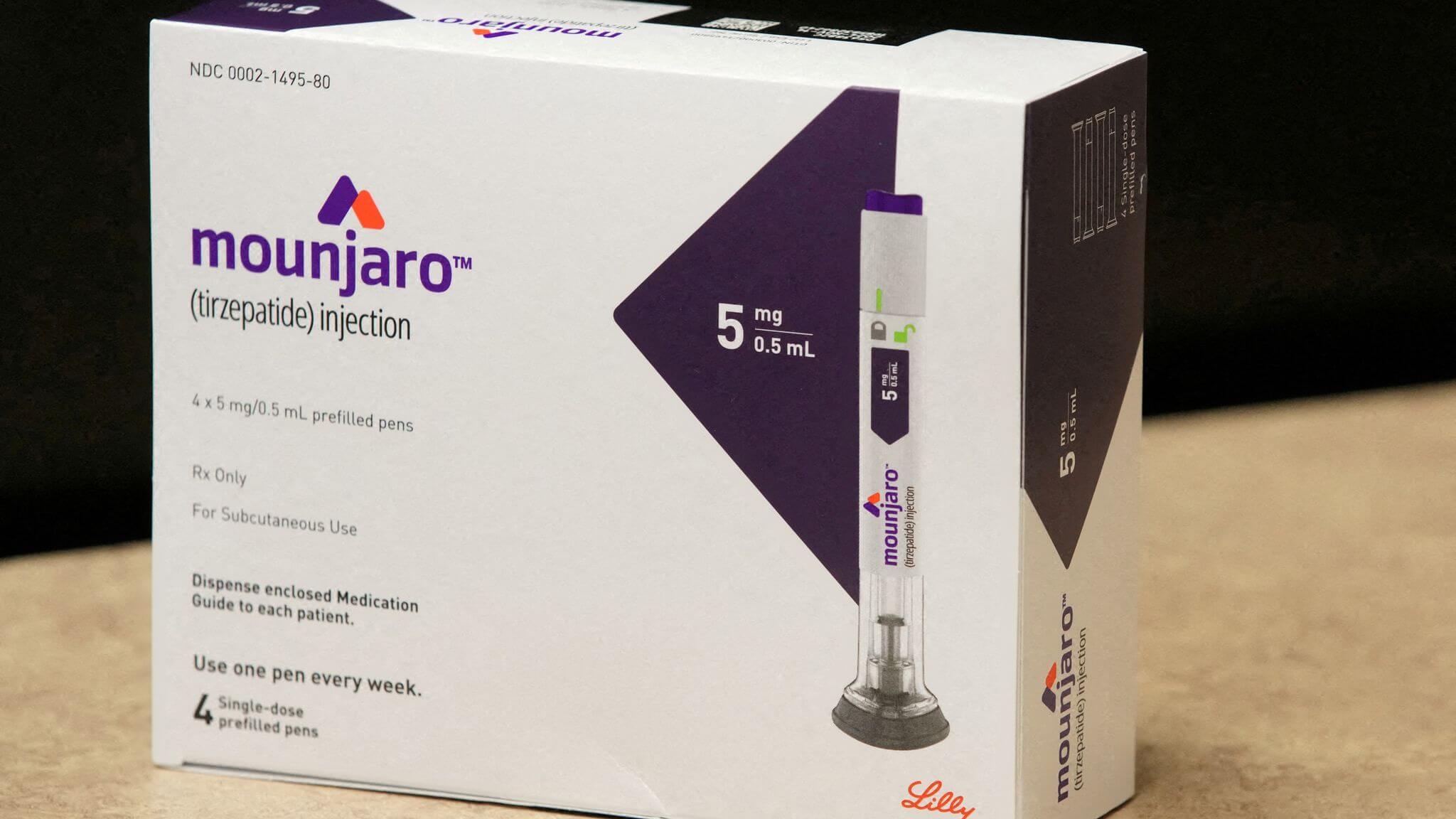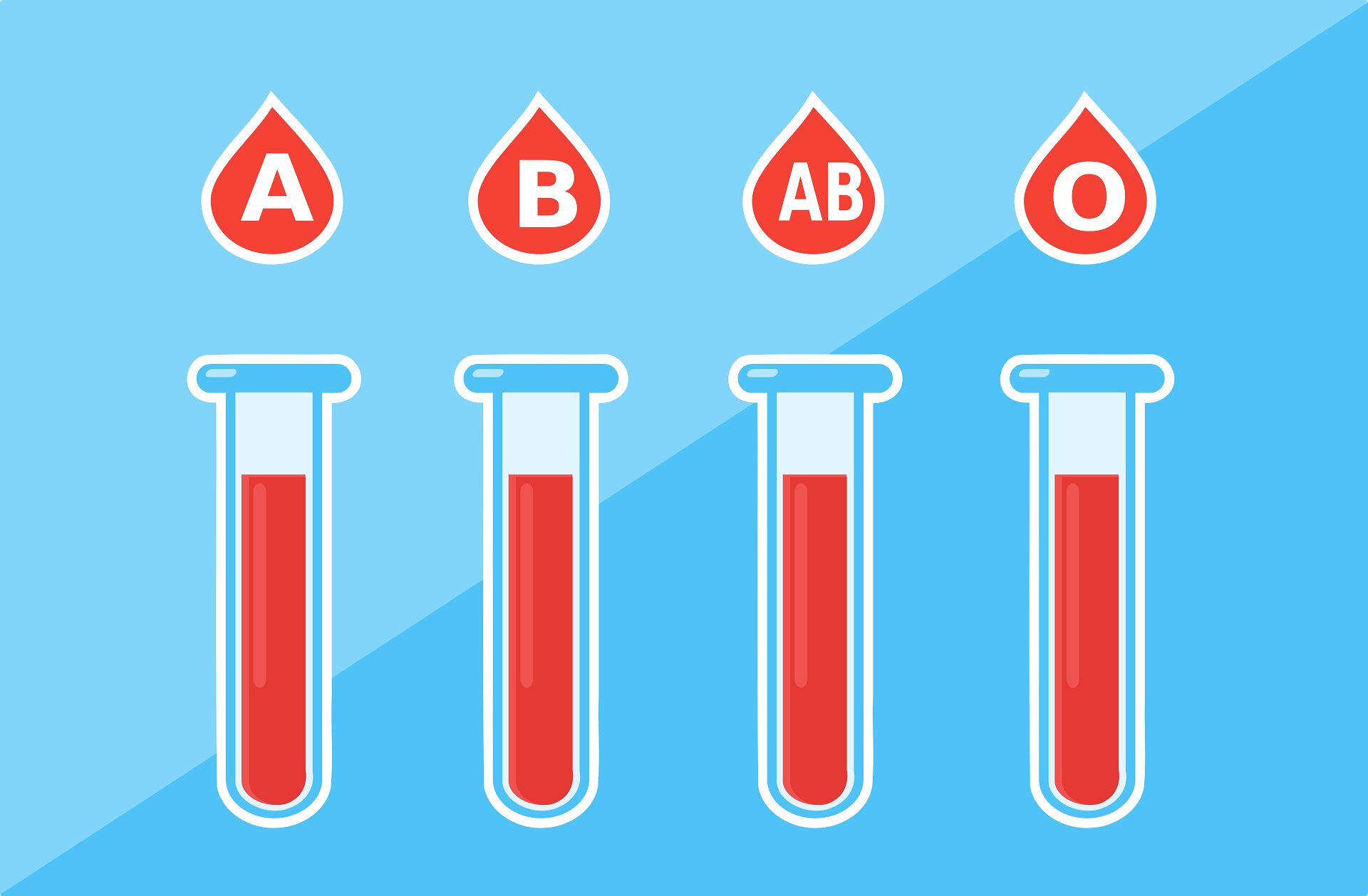Vitamin B intake may up lung cancer risk in men: study
Thu 24 Aug 2017, 13:42:54
Long-term, high-dose supplementation of vitamins B6 and B12 may be associated with a two to four-fold increased risk of lung cancer in men, a study has warned.
Vitamin B intake has been long touted by the vitamin industry for increasing energy and improving metabolism, researchers from Ohio State University in the US said.They found that the lung cancer risk was further elevated in male smokers taking more than 20 milligramme of vitamin B6 or 55 microgrammess of B12 a day for 10 years.
Male smokers taking B6 at this dose were three times more likely to develop lung cancer. Those taking B12 at such doses were about four times more likely to develop the disease compared to non-users, researchers said.
They analysed data from more than 77,000 patients in the Vitamins And
Lifestyle (VITAL) cohort study, a long-term prospective observational study designed to evaluate vitamin and other mineral supplements in relation to cancer risk.
Lifestyle (VITAL) cohort study, a long-term prospective observational study designed to evaluate vitamin and other mineral supplements in relation to cancer risk.
All participants, aged between 50 and 76 years, were recruited between the years 2000 and 2002.Researchers used statistical techniques to adjust for numerous factors including: personal smoking history, age, race, personal history of cancer or chronic lung disease, family history of lung cancer and use of anti-inflammatory drugs.
"This sets all of these other influencing factors as equal, so we are left with a less confounded effect of long- term B6 and B12 super-supplementation," said Theodore Brasky from Ohio State University.
The study was published in the Journal of Clinical Oncology.
No Comments For This Post, Be first to write a Comment.
Most viewed from Health
AIMIM News
Latest Urdu News
Most Viewed
May 26, 2020
Can Lionel Messi's visit boost Indian football?
Latest Videos View All
Like Us
Home
About Us
Advertise With Us
All Polls
Epaper Archives
Privacy Policy
Contact Us
Download Etemaad App
© 2025 Etemaad Daily News, All Rights Reserved.



























.jpg)
.jpg)
.jpg)


